1. Unocoin:
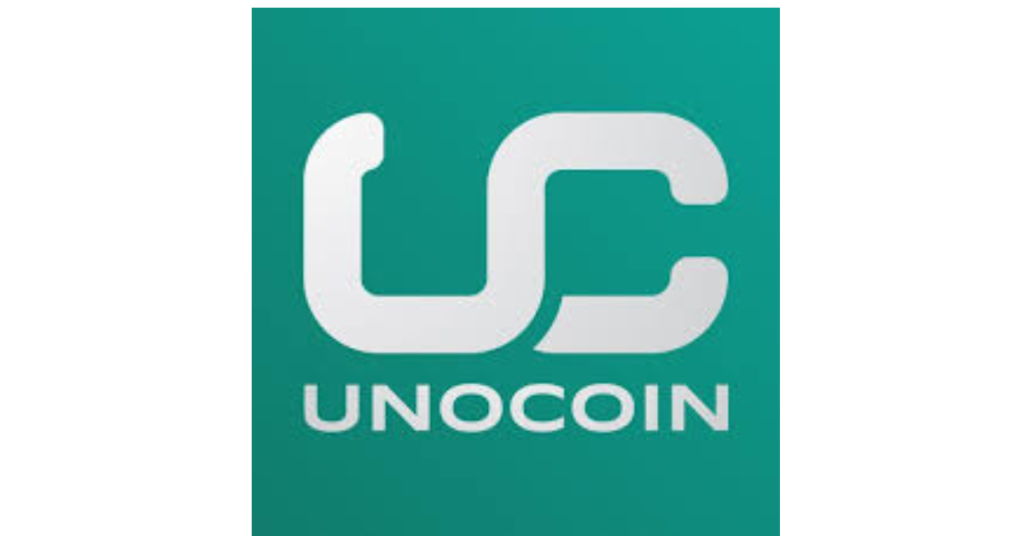
Summary: Unocoin is one of India’s oldest and most reputable cryptocurrency exchanges. Founded in 2013, it offers a trading platform for Bitcoin and other cryptocurrencies, along with wallet services and merchant processing solutions.
| Criteria | Details |
|---|---|
| Founded | 2013 |
| Services | Cryptocurrency exchange, wallet services, merchant processing |
| Notable Feature | Early adoption in the Indian market, robust security measures |
2. Matic Network (Polygon):

Summary: Matic Network, now known as Polygon, is a scaling solution for Ethereum, offering faster and cheaper transactions. It provides developers with a platform for building and deploying decentralized applications (dApps).
| Criteria | Details |
|---|---|
| Founded | 2017 (rebranded as Polygon in 2021) |
| Services | Ethereum scaling solution, dApp platform |
| Notable Feature | High throughput, low transaction costs, strong developer community |
3. WazirX:
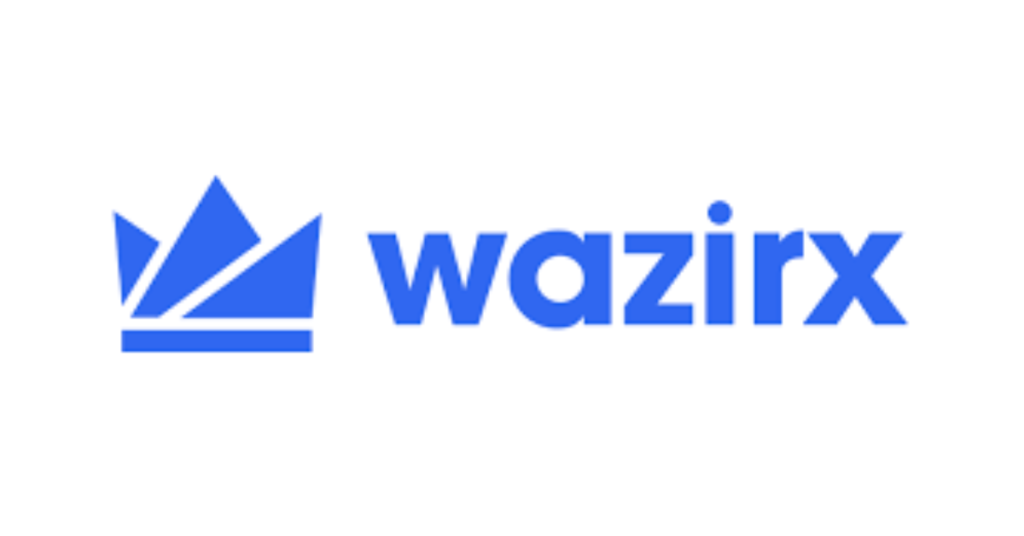
Summary: WazirX is another prominent cryptocurrency exchange in India known for its user-friendly interface and a wide range of supported cryptocurrencies. It was acquired by Binance in 2019, boosting its credibility and market reach.
| Criteria | Details |
|---|---|
| Founded | 2018 (acquired by Binance in 2019) |
| Services | Cryptocurrency exchange |
| Notable Feature | Integration with Binance ecosystem, advanced trading features |
4. CoinDCX:
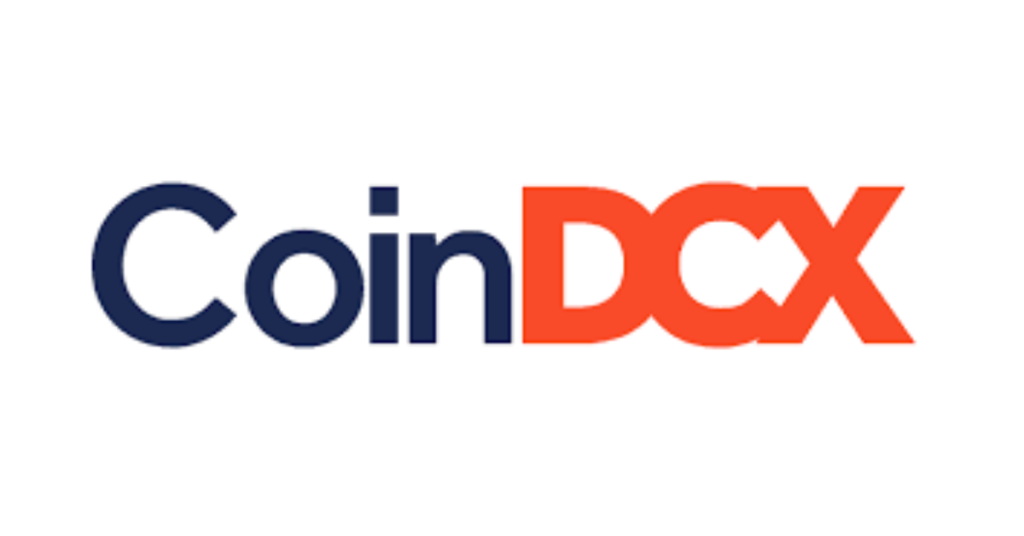
Summary: CoinDCX is a versatile cryptocurrency trading platform that supports over 200 cryptocurrencies. It offers a variety of trading pairs and has launched several innovative products like lending and staking services.
| Criteria | Details |
|---|---|
| Founded | 2018 |
| Services | Cryptocurrency exchange, lending, staking |
| Notable Feature | Extensive range of cryptocurrencies, robust security protocols |
5. InstaDApp:

Summary: InstaDApp simplifies the interaction with decentralized finance (DeFi) protocols on Ethereum. It provides users with a unified dashboard to manage multiple DeFi applications and optimize their transactions.
| Criteria | Details |
|---|---|
| Founded | 2018 |
| Services | DeFi platform |
| Notable Feature | Aggregated DeFi management, user-friendly interface |
6. OpenSea:

Summary: OpenSea is a decentralized marketplace for NFTs (non-fungible tokens). It allows users to buy, sell, and trade a wide variety of digital assets, including art, collectibles, and virtual real estate.
| Criteria | Details |
|---|---|
| Founded | 2017 |
| Services | NFT marketplace |
| Notable Feature | Large selection of NFTs, user-driven marketplace |
7. Somish:

Summary: Somish is a blockchain development company that specializes in providing blockchain solutions for enterprises. It offers services ranging from consulting and development to deployment and maintenance of blockchain-based applications.
| Criteria | Details |
|---|---|
| Founded | 2006 (Blockchain division established later) |
| Services | Blockchain consulting, development, deployment |
| Notable Feature | Enterprise-grade solutions, diverse industry experience |
8. ZebPay:
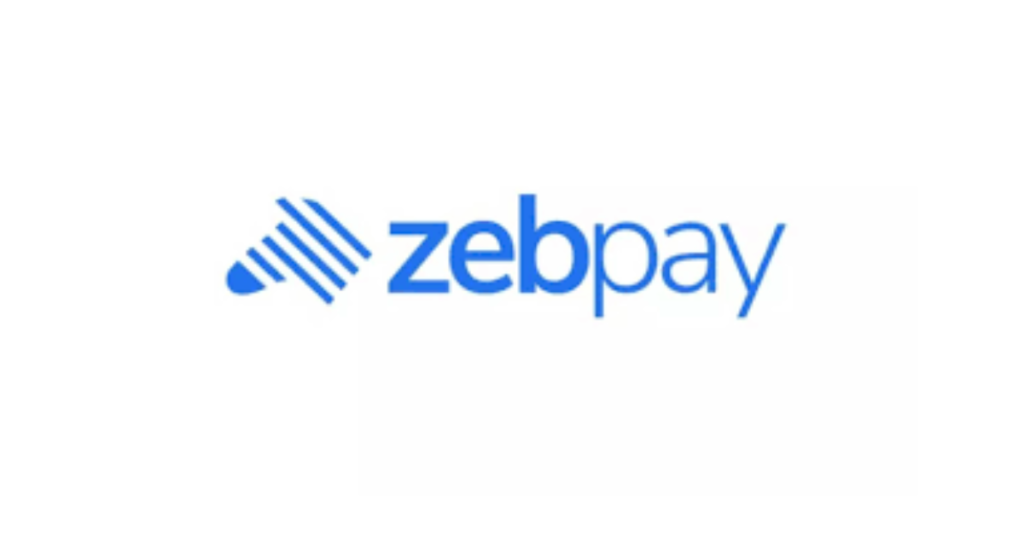
Summary: ZebPay is a cryptocurrency exchange that provides trading services for various cryptocurrencies. It caters to both individual traders and institutional investors, offering a secure platform for buying, selling, and storing digital assets.
| Criteria | Details |
|---|---|
| Founded | 2014 (launched as a cryptocurrency exchange in 2018) |
| Services | Cryptocurrency exchange, wallet services |
| Notable Feature | Strong regulatory compliance, user-friendly interface |
9. MyEtherWallet (MEW):
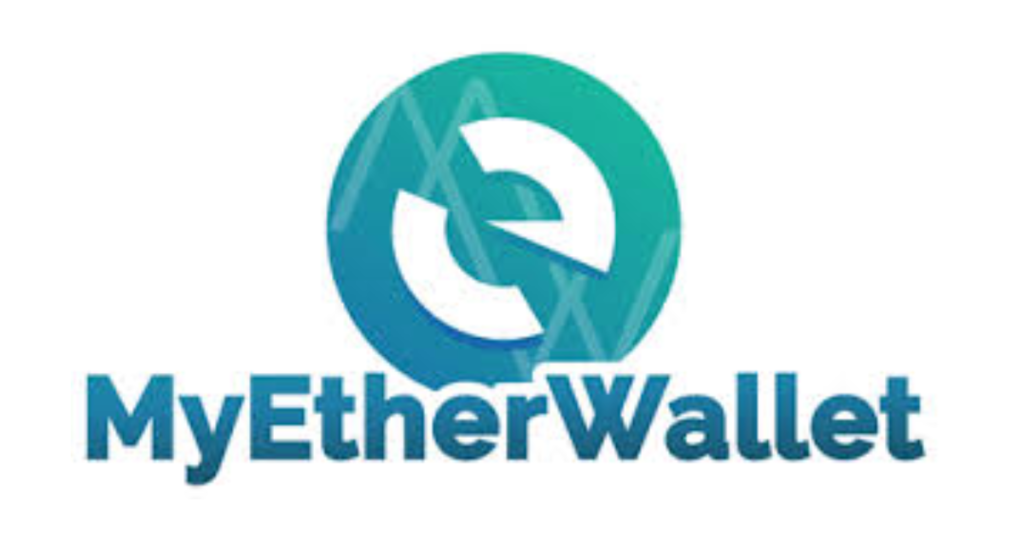
Summary: MyEtherWallet (MEW) is a popular Ethereum wallet interface that allows users to create, manage, and interact with Ethereum wallets and decentralized applications (dApps) directly through their web browser.
| Criteria | Details |
|---|---|
| Founded | 2015 |
| Services | Ethereum wallet interface |
| Notable Feature | User control of private keys, integration with various dApps |
10. Bitbns:
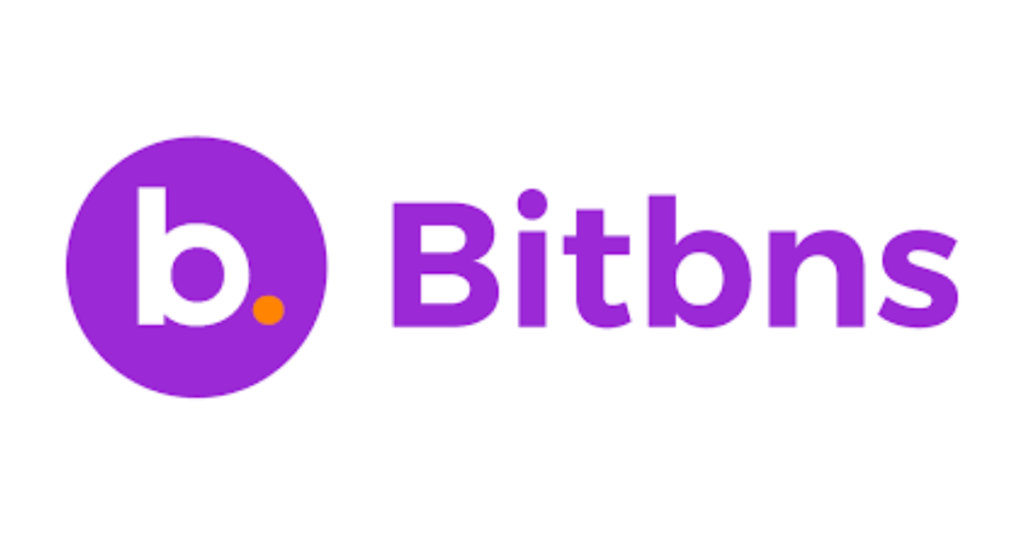
Summary: Bitbns is a cryptocurrency exchange platform that offers trading services for various digital assets. It focuses on providing a secure and user-friendly experience for both beginners and experienced traders.
| Criteria | Details |
|---|---|
| Founded | 2017 |
| Services | Cryptocurrency exchange |
| Notable Feature | Advanced trading features, multi-currency support |
frequently asked questions (FAQs) about blockchain startups in India, along with their answers:
1. What are blockchain startups?
Answer: Blockchain startups are companies that leverage blockchain technology to develop innovative solutions across various industries. They typically focus on areas such as cryptocurrency exchanges, decentralized finance (DeFi), blockchain development services, NFT marketplaces, and more.
2. Why are blockchain startups gaining traction in India?
Answer: Blockchain startups in India are gaining traction due to several factors:
- Growing interest in cryptocurrencies and blockchain technology globally.
- Increasing digital adoption and internet penetration in India.
- Supportive regulatory environment in recent years.
- Entrepreneurial spirit and technical talent pool in the country.
3. What services do blockchain startups in India offer?
Answer: Blockchain startups in India offer a wide range of services, including:
- Cryptocurrency exchanges for trading digital assets.
- Blockchain development and consulting services for enterprises.
- Decentralized finance (DeFi) platforms and protocols.
- NFT marketplaces for buying, selling, and trading digital collectibles.
- Wallet services for securely storing cryptocurrencies.
4. How secure are blockchain startups’ platforms?
Answer: Security is a paramount concern for blockchain startups. They typically employ advanced encryption methods, secure storage solutions for digital assets (like cold wallets), two-factor authentication (2FA), and adhere to regulatory standards to ensure the safety of users’ funds and data.
5. What are some regulatory challenges faced by blockchain startups in India?
Answer: Blockchain startups in India have faced regulatory uncertainties in the past. However, the situation has improved with clearer guidelines from regulatory authorities. Challenges include navigating compliance requirements, banking relationships, and occasional regulatory changes that impact operations.
6. How can users get started with blockchain startups’ services?
Answer: Users can get started with blockchain startups by:
- Signing up on the platform’s website or app.
- Completing KYC (Know Your Customer) verification processes.
- Depositing funds (in fiat or cryptocurrencies) into their accounts.
- Exploring available services such as trading, wallet management, or interacting with decentralized applications (dApps).
7. Are blockchain startups in India regulated?
Answer: Yes, blockchain startups in India are subject to regulatory oversight by entities such as the Reserve Bank of India (RBI) and the Securities and Exchange Board of India (SEBI). They must comply with anti-money laundering (AML) and counter-terrorism financing (CTF) regulations, among others.
8. How do blockchain startups contribute to the Indian economy?
Answer: Blockchain startups contribute to the Indian economy by:
- Driving innovation and technological advancements in finance, supply chain management, healthcare, and other sectors.
- Attracting foreign investments and fostering job creation in the technology sector.
- Promoting financial inclusion by offering alternative financial services to underserved populations.
9. What are the future prospects for blockchain startups in India?
Answer: The future prospects for blockchain startups in India look promising:
- Continued growth in cryptocurrency adoption and blockchain technology applications.
- Expansion into new sectors such as governance, real estate, and entertainment.
- Collaboration with traditional industries to integrate blockchain solutions for efficiency and transparency.
10. How can investors evaluate blockchain startups for investment?
Answer: Investors can evaluate blockchain startups based on factors such as:
- Team expertise and experience in blockchain technology.
- Market potential and scalability of the startup’s solution.
- Regulatory compliance and risk management practices.
- Adoption and growth metrics within the blockchain ecosystem.
Last Updated on: Wednesday, June 19, 2024 5:55 pm by News Pixel Team | Published by: News Pixel Team on Wednesday, June 19, 2024 5:55 pm | News Categories: Startup, Trending
Comment here